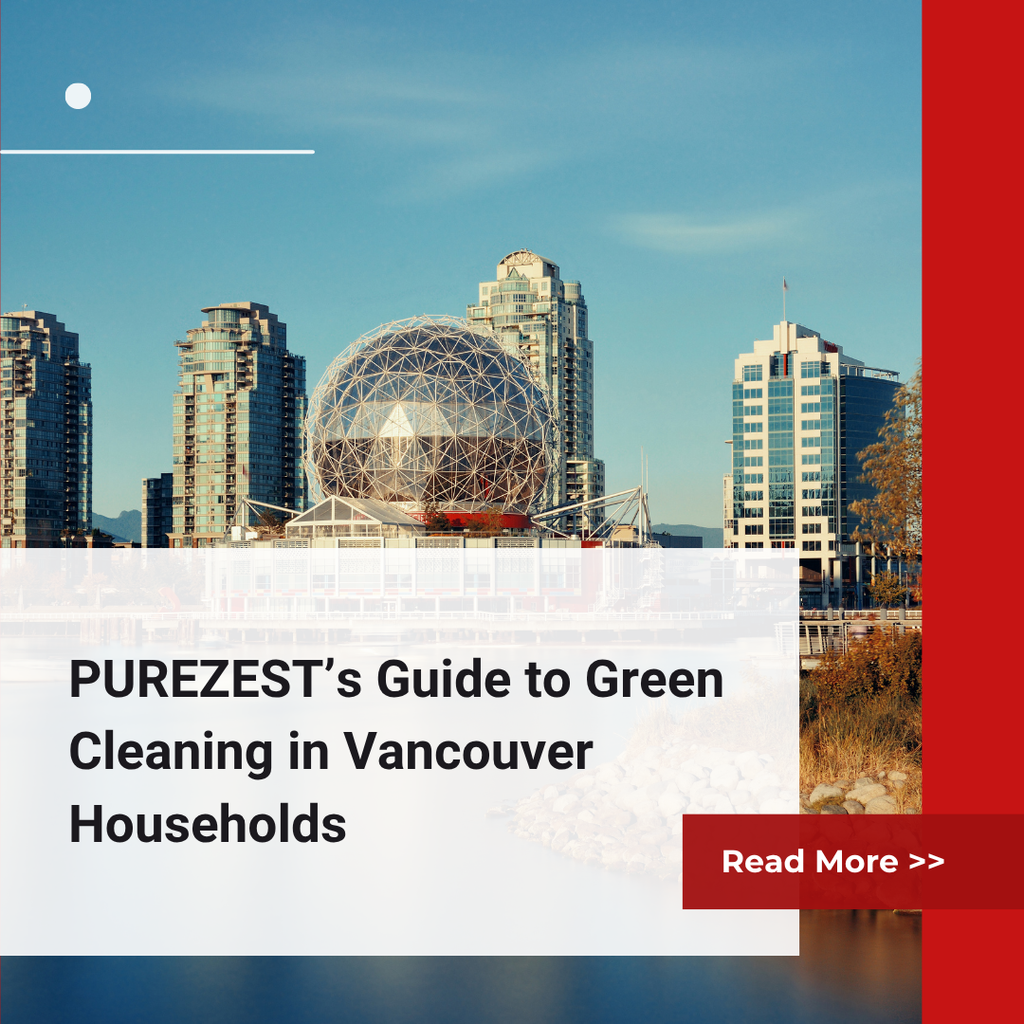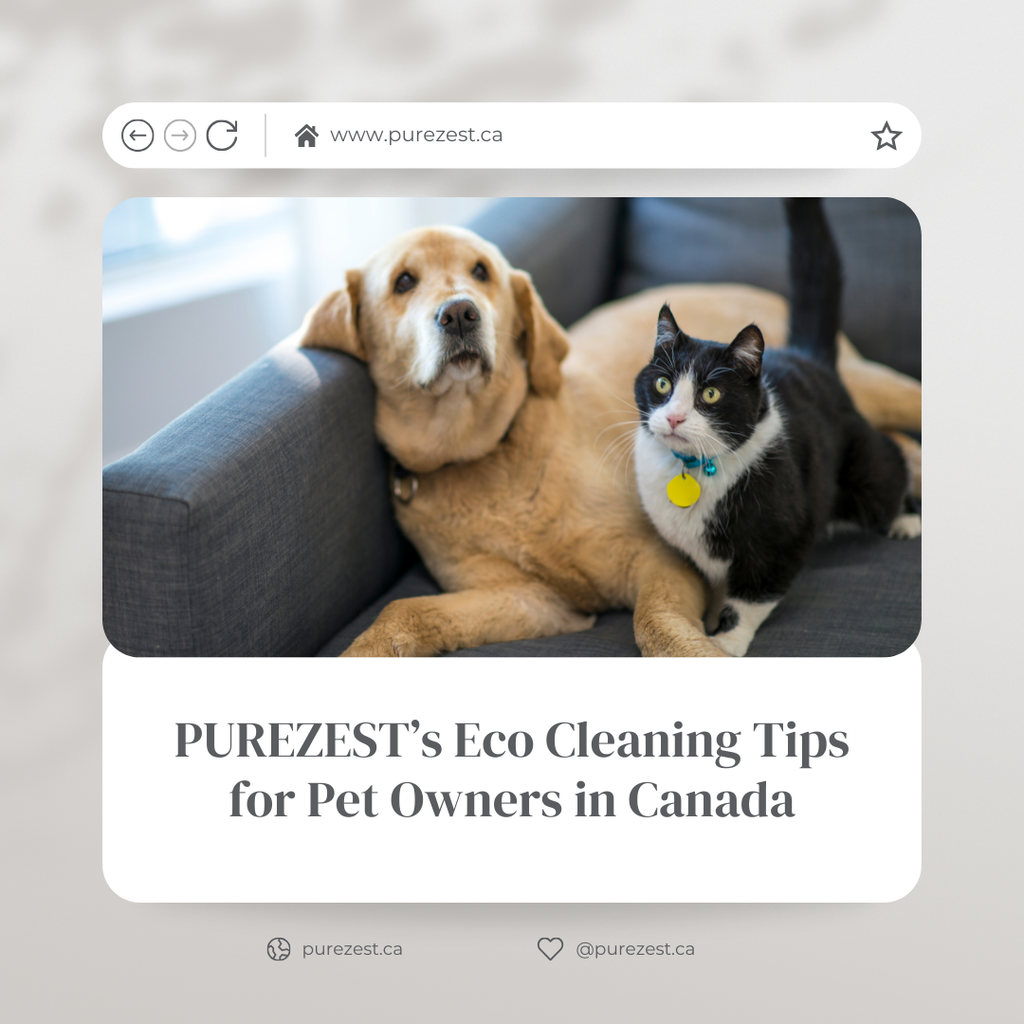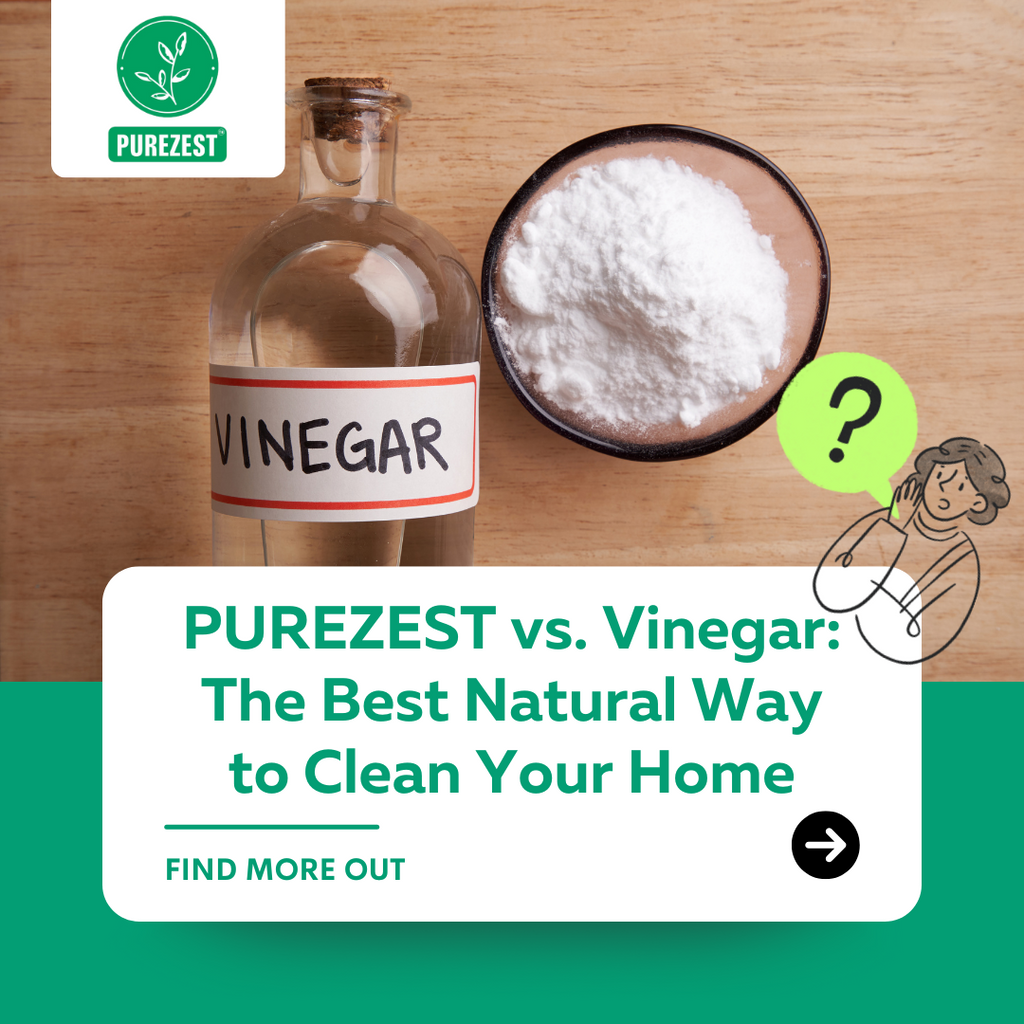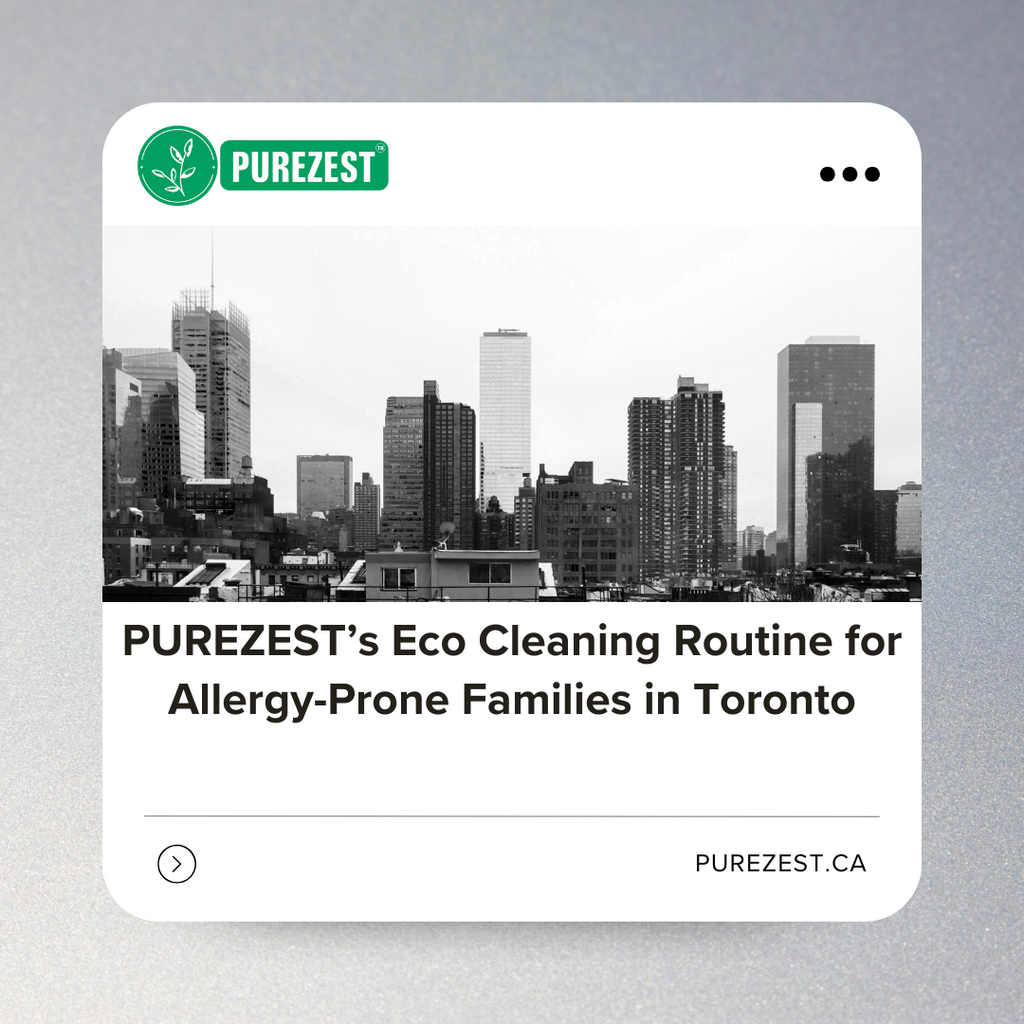
The Shocking Truth About Dish Soap Fumes: Safe or Silent Threat?

A Common Cleaner Hiding Uncommon Dangers
Dish soap seems harmless—just a bubbly bottle of grease-fighting goodness. But what if it’s doing more than just cleaning your dishes? What if every scrub and rinse is quietly filling your kitchen air with invisible toxins?
What Are Dish Soap Fumes, Really?
Whenever you wash dishes—especially with hot water—you release more than just steam. Many dish soaps contain synthetic chemicals that evaporate into the air, especially when heated. These vapors are what we call “dish soap fumes.”
And if you’ve ever felt dizzy, sneezy, or had a scratchy throat while doing dishes, you may have already met them.
What’s Lurking in Your Dish Soap?
A closer look at the label might surprise you. Common ingredients in many dish soaps include:
-
Sodium Lauryl Sulfate (SLS) – a foaming agent that can irritate skin and lungs
-
Fragrance – a vague term hiding dozens (or hundreds) of chemicals
-
Formaldehyde-releasing preservatives – linked to respiratory irritation
-
Triclosan – a suspected hormone disruptor
Even soaps labeled “natural” can contain essential oils that cause allergic reactions. And don’t get us started on synthetic dyes.
Volatile Organic Compounds (VOCs): The Invisible Threat
Many dish soaps emit VOCs—unstable chemicals that vaporize easily. These can contribute to indoor air pollution, headaches, breathing issues, and even long-term health problems like asthma.
The Environmental Protection Agency (EPA) says indoor air can be 2–5 times more polluted than outdoor air. Your dish soap may be part of that problem.
Who Should Be Most Concerned?
Everyone breathes in these fumes, but certain groups are at higher risk:
-
Kids and babies: Smaller lungs absorb more
-
People with asthma/allergies: Triggers symptoms
-
Pets: Sensitive to airborne irritants
Common Myths That Could Be Putting You at Risk
“If it smells fresh, it’s fine.”
False. That lemony scent? Often a mix of unregulated chemicals.
“All-natural = safe.”
Not always. Even natural substances can irritate lungs or skin.
“It’s just dish soap. What’s the big deal?”
Daily exposure matters. Over time, even small doses can affect your health.
How to Stay Safe
1. Read the Label
Avoid:
-
Synthetic fragrances
-
SLS/SLES
-
Parabens
-
Triclosan
-
Formaldehyde releasers
Look for:
-
“Fragrance-free” or “unscented”
-
EWG Verified or similar certifications
-
Plant-based or enzyme-based cleaners
2. Improve Ventilation
-
Open a window or use an exhaust fan while washing dishes
-
Consider using an air purifier in the kitchen
3. Use Cold or Lukewarm Water
Less heat = fewer fumes.
4. Don’t Mix Cleaners
Especially avoid combining dish soap with bleach, vinegar, or ammonia. You could create toxic gas.
Safer Alternatives You Can Trust
-
Enzyme-based cleaners: Break down grease naturally without harsh chemicals
-
DIY options: Mix Castile soap + water + a few drops of essential oil
-
Certified brands: Look for USDA Organic, EcoLogo, or EWG Verified products
Real-Life Impact: One Family’s Discovery
Emily, a mom of two, noticed her toddler coughing every time she washed dishes. After switching to a fragrance-free, enzyme-based soap, the coughing stopped within days. “I had no idea dish soap could affect air quality,” she says. “Now I’m more careful with everything I use at home.”
Conclusion: Don’t Let Clean Dishes Come at a Dirty Cost
Dish soap fumes aren’t something most people think about—but they should be. From VOCs to mystery fragrances, your daily dishwashing routine might be affecting your air and your health.
The good news? A safer kitchen starts with a better bottle. So take a look at your soap, and ask yourself: is this really as clean as it claims?
✅ Take Action Today: Try PUREZEST’s Herbal & Enzyme-Based Dish Soap
Want a dish soap that’s tough on grease but gentle on your lungs?
PUREZEST’s herbal and enzyme-based formula skips the toxic stuff and works even in the drain to prevent clogs. It's the smarter, safer, and cleaner way to wash dishes—without the silent threat of harmful fumes.
🧼 Make the switch today. Your lungs (and your family) will thank you.
FAQs
1. Are dish soap fumes dangerous?
They can be, especially with long-term exposure to chemicals like VOCs and artificial fragrances.
2. How can I tell if my dish soap is safe?
Check the label for toxic ingredients. Use resources like the EWG database to check safety ratings.
3. Are DIY dish soaps effective?
Yes! Simple recipes using Castile soap, baking soda, and essential oils work well without harsh chemicals.
4. What’s the risk for pets?
Pets are more sensitive to airborne chemicals. Fumes can cause sneezing, coughing, or worse.
5. Can using hot water make fumes worse?
Absolutely. Heat increases vaporization, making it easier for you to inhale potentially harmful chemicals.












